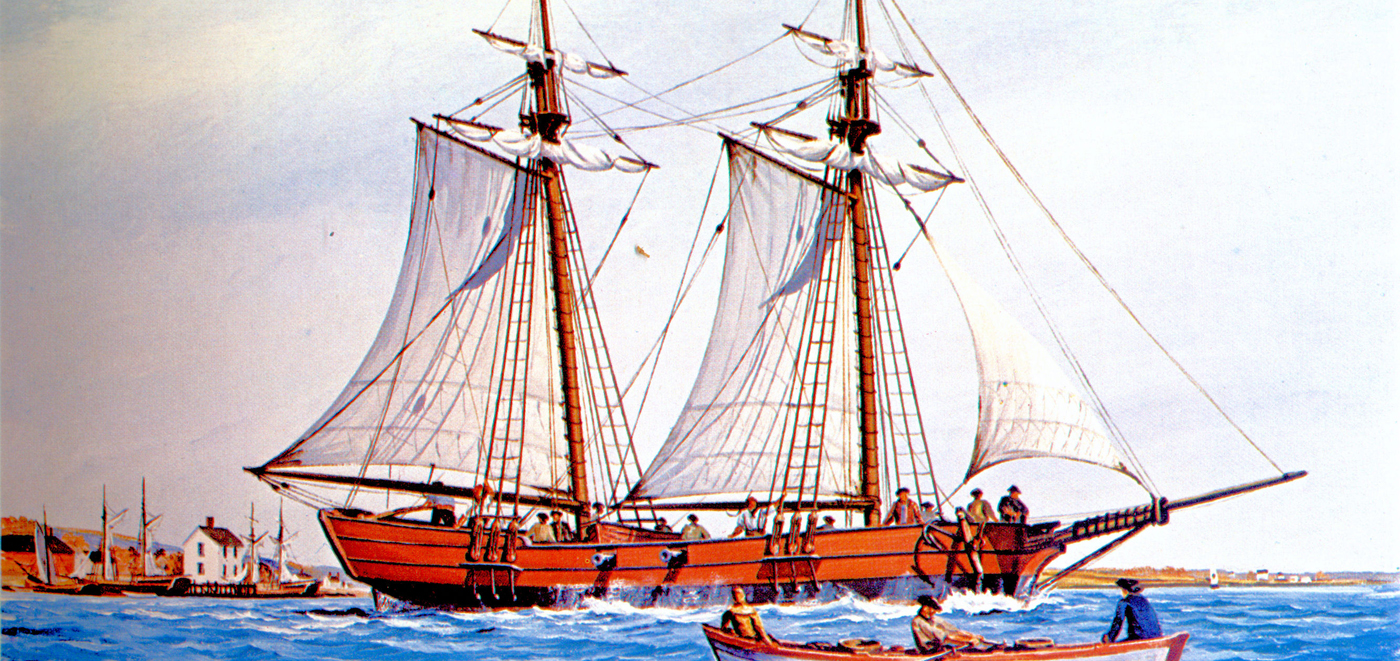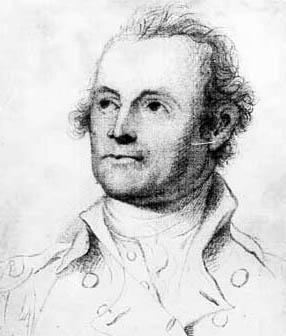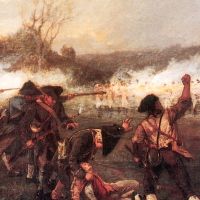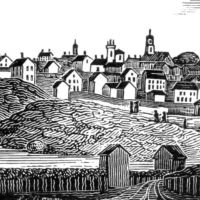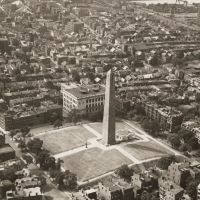Primary Source
Last Tuesday, one of our Privateers from Beverly [the Hannah from Washington's fleet], having been on a cruise in the bay, was followed, on her return into port, by the Nautilus Man of War. The Privateer ran aground in a cove a little without (beyond) Beverly Harbor, where people were speedily assembled, stripped her, and carried her guns, etc. ashore. The man of war was soon within gunshot, when she also got aground; she however let go an anchor, and bringing her broadside to bear, began to fire upon the Privateer. The people of Salem and Beverly soon returned the compliment from a number of cannon on the shore, keeping up a warm and well directed fire on the man of war for 2 or 3 hours, and it is supposed did her considerable damage and probably killed or wounded some of the men; but before they could board her, which they were preparing to do, the tide arose about 8 o'clock on the evening, when she cut her cable and got off. Some of her shot struck one or two buildings in Beverly; but no lives were lost on our side and the Privateer (was) damaged little if any.
New England Chronicle, September 28 - October 12, 1775, quoted in Naval Documents of the American Revolution, Vol. 2, ed. by William Bell Clark et. al. (U.S. Government Print Office, 1964).

